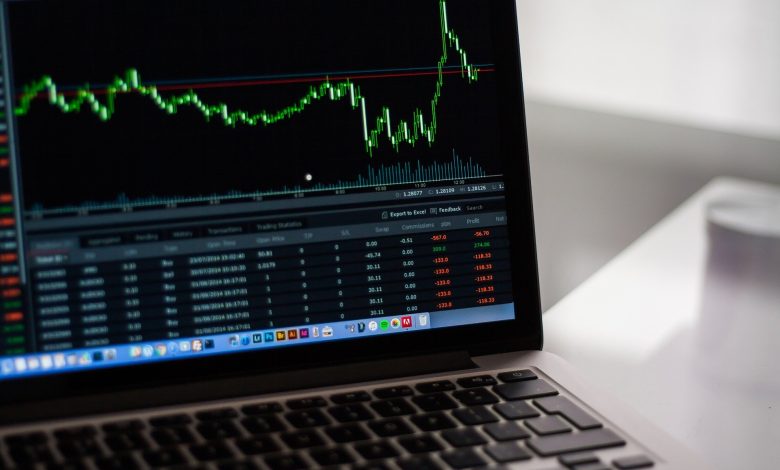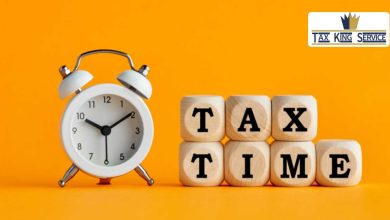The difference between trading CFDs and futures

There are a few notable differences between trading CFDs and futures. Knowing the differences between these two types of trading can help you choose which one is right for you. This article will look at just that. You can also learn more about the CFDs available for trading here.
So, if you want to explore the world of CFDs and futures contracts, read on!
What are CFDs?
A Contract for Difference (CFD) is a contract that enables two parties to trade the price change of an underlying asset. If the asset’s price has increased, the seller pays the buyer; if it has decreased, the buyer pays the seller.
CFDs can trade various assets, including stocks, commodities, currencies, and indices. CFDs also have low transaction costs and allow traders to take short positions, betting on falling prices.
Without holding the underlying asset, traders can speculate on the price changes of shares using a stock CFD, which is a contract for difference.
However, CFDs are complex financial instruments and carry a high degree of risk. For this reason, they are not suitable for everyone. Before trading CFDs, consider your investment objectives, experience level, and risk appetite carefully.
Trading stock CFDs is simply a wager on whether the price of a specific stock will increase or decrease. The trader will initiate a long position if they anticipate a price increase. They will initiate a short position if they anticipate a decline in price. The difference between the opening and closing prices determines the trader’s profit or loss at the time the deal is closed.
What are futures contracts?
Futures contracts are agreements to purchase or sell an underlying asset later. The asset can be anything from commodities like gold or oil to financial instruments like bonds or currency. Futures contracts are traded on exchanges, and the price is determined by supply and demand.
When you buy a futures contract, you agree to purchase the asset at a set price on a future date. You will profit from the difference if the asset’s market price goes up. However, if the market price falls, you will lose money.
Futures contracts are often used to hedge against risk, as they can protect from market fluctuations.
The benefits of CFDs
CFDs are traded on margin, meaning that only a tiny amount of money is required to open a position. This margin makes them an attractive option for investors looking to profit from price movements without putting up a large amount of capital.
In addition, CFDs provide access to a wide range of assets, including stocks, bonds, commodities, and currencies.
The benefits of futures
A future is a contract where the buyer agrees to buy an asset at a specific price and date in the future, or the seller agrees to sell an asset at that price and date.
Futures are used to hedge against risk or speculate on the future price movements of an asset. Although futures contracts are typically used for commodities such as oil, gold, and grain, they can also be used for other assets such as stocks, bonds, and currencies.
Traders can use futures for various purposes, including hedging against price swings in the underlying asset, speculating on future price movements, and arbitrage. For example, a farmer might use futures contracts to lock in a price for his crop before it is harvested to protect himself from a price decline.
A speculator might buy futures contracts in hopes of selling them at a higher price later. An arbitrageur might purchase futures contracts in one market and sell them in another market where the prices are higher to profit from the difference.
While futures contracts can be valuable tools, they also come with risks. For example, if the underlying asset’s price declines sharply, the value of the futures contract will decline. If you want to succeed in futures trading you must ensure you have sound trading habits and a solid strategy in place.
The risks of CFDs
CFDs being traded on a margin is a risk and a benefit. This can make CFDs an attractive option for investors, as they can potentially make significant profits with a relatively small investment. However, CFDs also carry a high degree of risk. Because they are traded on margin, investors can quickly lose their entire investment if the market moves against them.
In addition, CFDs are subject to fees and commissions that can eat into profits. As a result, potential investors should carefully consider the risks before opening a CFD account.
The risks of futures contracts
Investors often use futures contracts as a way to hedge against risks in the marketplace. However, these contracts also come with a certain amount of risk.
For one thing, they are frequently highly leveraged, which means a little shift in the underlying asset may result in a substantial loss of profit.
In addition, futures contracts are typically traded on margin, meaning that investors must put up collateral to trade them. This can amplify losses if the market moves against the investor.
Finally, futures contracts are subject to expiration dates. If the agreement is not completed before then, the investor may be required to take possession of the asset at a lower price.
As a result, futures contracts should only be used by investors comfortable with taking additional risk.
To summarise
It is feasible to demystify the CFDs market and start taking advantage of its prospects with a little bit of research. Trading CFDs and futures has a few notable distinctions. You can select the trading strategy that is best for you by understanding the differences between these two types of trading. Here, you can also find out more about the CFDs that are offered for trading.
Understanding the differences between CFDs and futures is essential before deciding which investment route is best for you. Futures contracts are often seen as a more conservative investment, while CFDs offer traders more flexibility but also come with greater risk. Before selecting, you must consider the benefits and drawbacks of each investment option.






